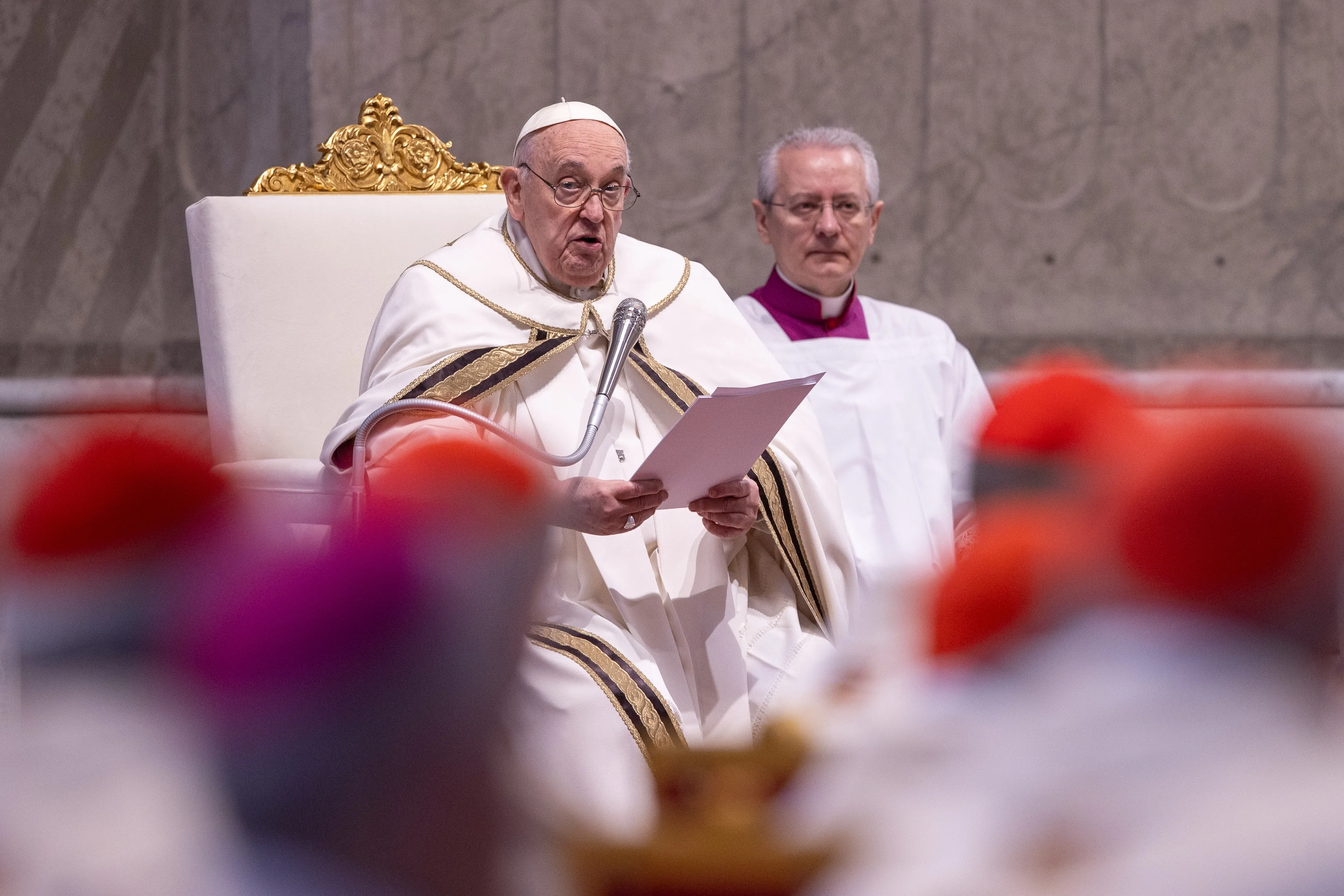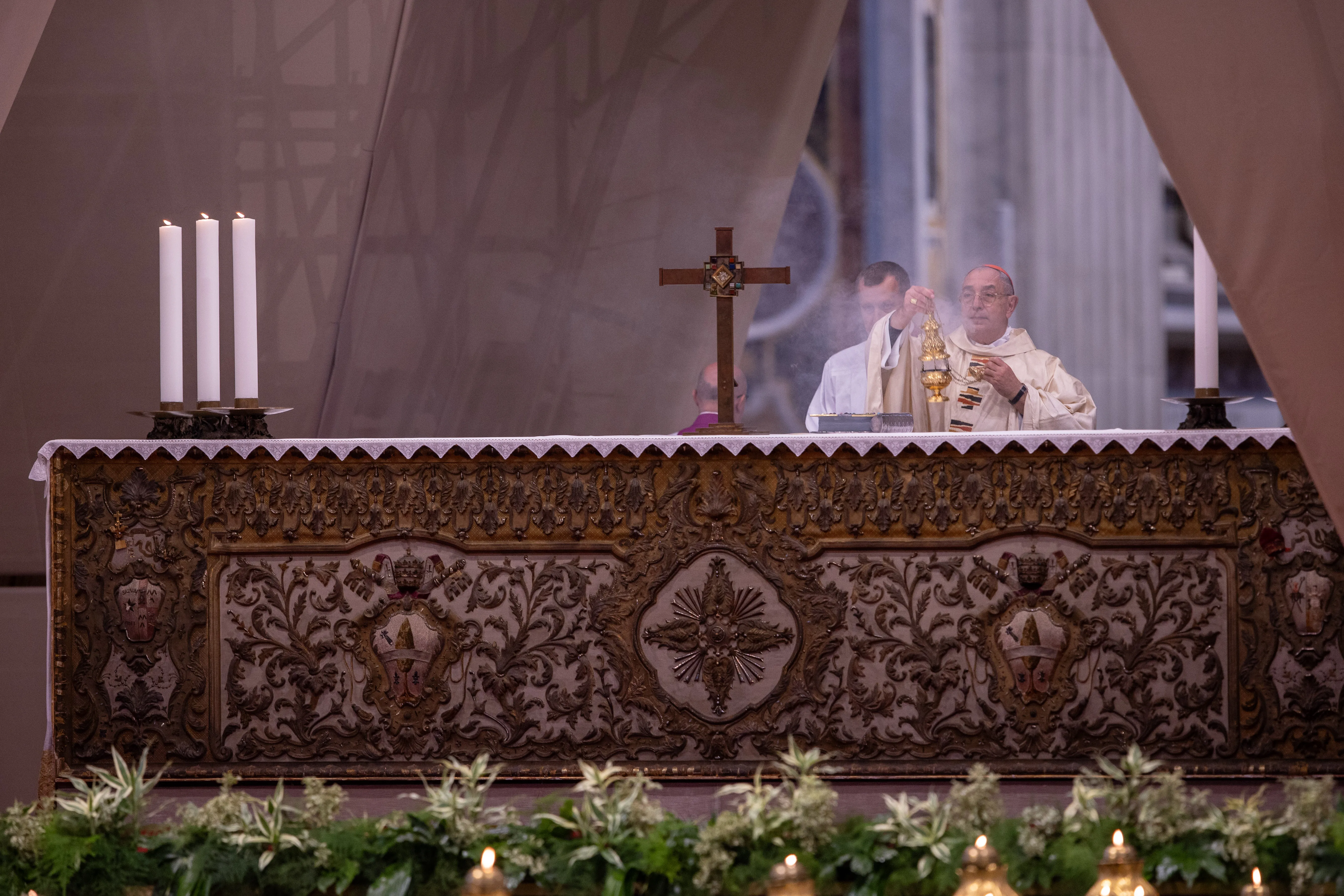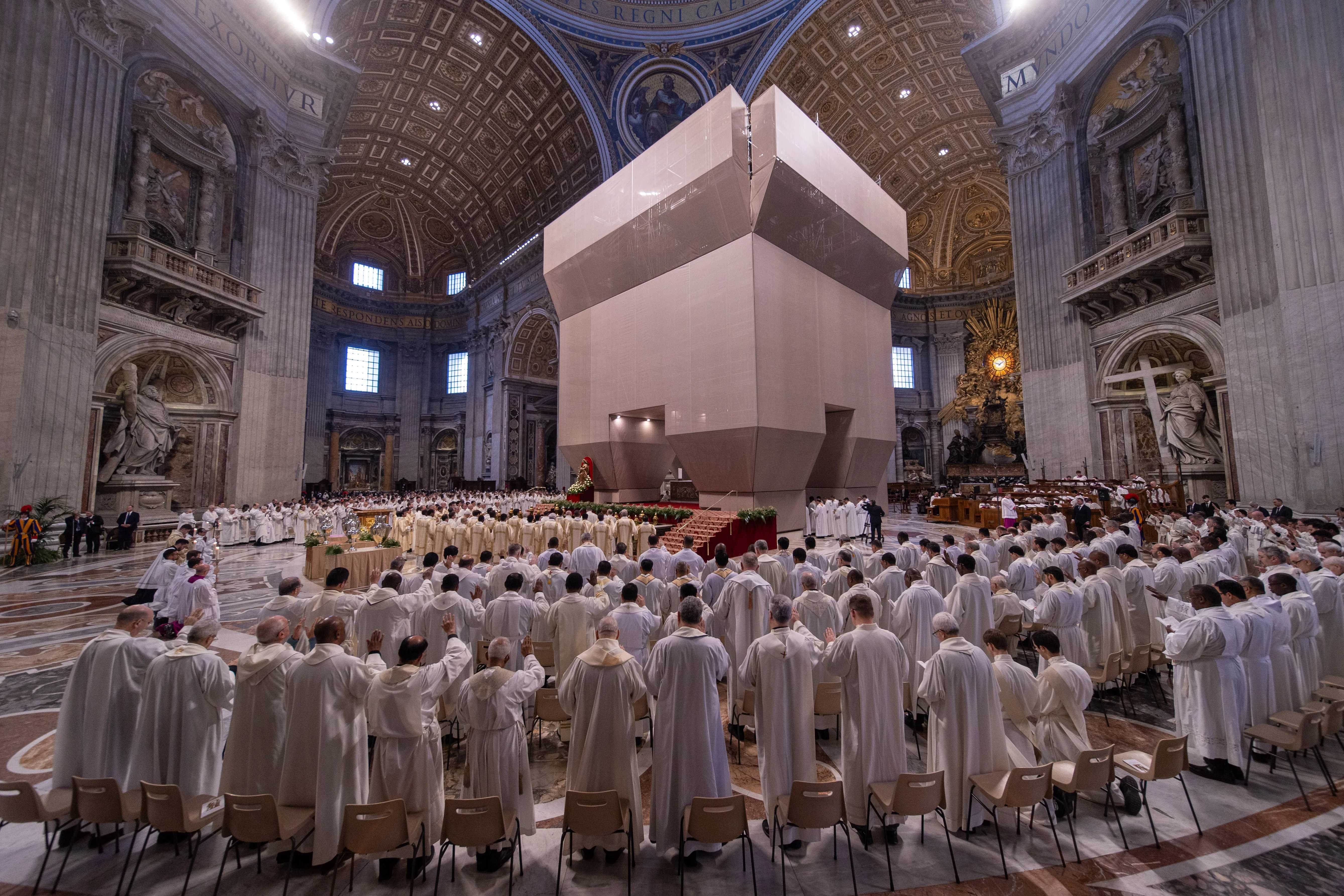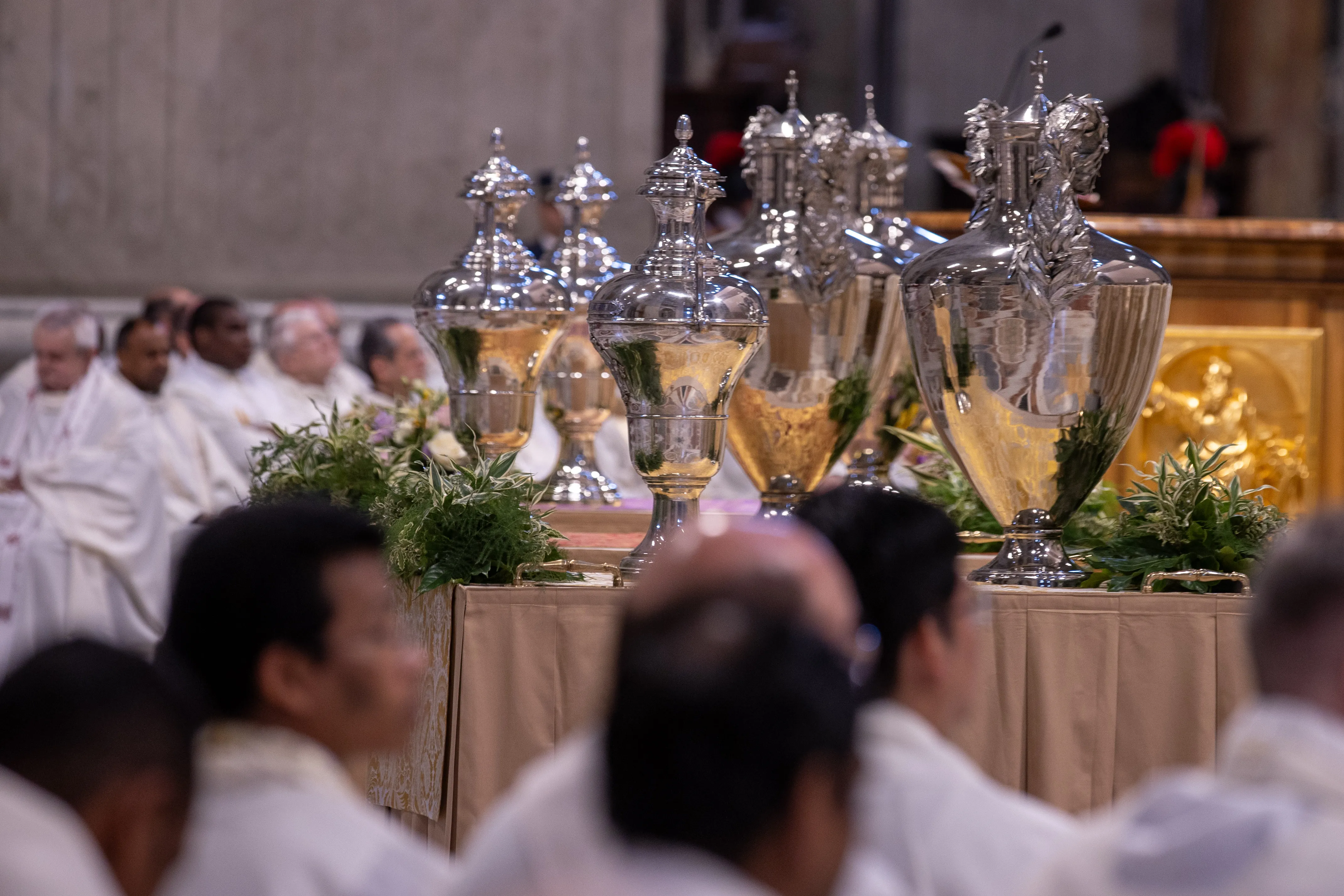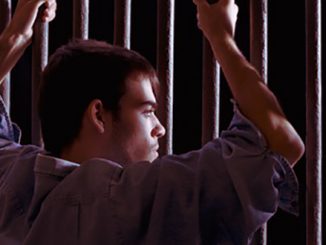
South Dakota to create ‘Med Ed’ video to combat ‘abortion misinformation’
 South Dakota’s Governor Kristi Noem arrives to speak during the annual Conservative Political Action Conference (CPAC) meeting on Feb. 23, 2024, in National Harbor, Maryland. / Credit: MANDEL NGAN/AFP via Getty Images
South Dakota’s Governor Kristi Noem arrives to speak during the annual Conservative Political Action Conference (CPAC) meeting on Feb. 23, 2024, in National Harbor, Maryland. / Credit: MANDEL NGAN/AFP via Getty Images
Washington, D.C. Newsroom, Mar 28, 2024 / 13:00 pm (CNA).
A prominent pro-life group is praising South Dakota Gov. Kristi Noem for signing a “Med Ed” bill that it says will mandate the creation of an informational video to combat “abortion misinformation.”
According to a March 25 statement by Susan B. Anthony Pro-Life America (SBA), the South Dakota bill is the “first legislation of its kind drafted to end the confusion caused by the abortion lobby through direct education to doctors.”
Kelsey Pritchard, SBA state public affairs director, said in the statement that “though every state with a pro-life law allows pregnant women to receive emergency care, the abortion industry has sown confusion on this fact to justify their position of abortion without limits.”
“With many in the media refusing to fact-check this obvious lie, other states should look to South Dakota in combating dangerous abortion misinformation,” she said.
The bill, passed overwhelmingly by the Republican-controlled legislature, was signed into law by Noem, who is also a Republican, on Monday. Introduced by state Rep. Taylor Rehfeldt, who is a nurse, the bill requires the South Dakota Department of Health to create an informational video describing the state’s abortion law and clarifying when “life-threatening or health-threatening” exceptions apply.
Now that the bill has been passed into law the Department of Health has until Sept. 1 to create the video and accompanying informational materials. The video and materials will be posted to the Department of Health’s website for doctors and the public to use as a reference in understanding the state’s abortion laws.
South Dakota is one of 14 states that prohibit abortion through all nine months of pregnancy. While some states allow exceptions in cases of rape, incest, and fetal anomaly, South Dakota only makes exceptions in cases where the mother’s life or health is in danger.
The ACLU of South Dakota decried the bill when it passed out of committee, saying in a Feb. 28 statement that it “gives anti-abortion activists a guise to appear to care about pregnant patients while actually passing legislation that further enshrines anti-abortion cruelty.”
Pritchard, however, said that the new informational material will help to clear up confusion on when the exception allows an abortion to take place in the state.
“Regardless of political affiliation or whether someone is pro-life or pro-choice, South Dakotans of all philosophies can celebrate that moms will be better protected through direct education to our doctors on their ability to exercise reasonable medical judgment in all situations,” she said.
According to SBA, Kentucky and Oklahoma have also taken steps to clarify their abortion exceptions and the Texas Medical Board is currently considering issuing a clarification to its life of the mother exception.






